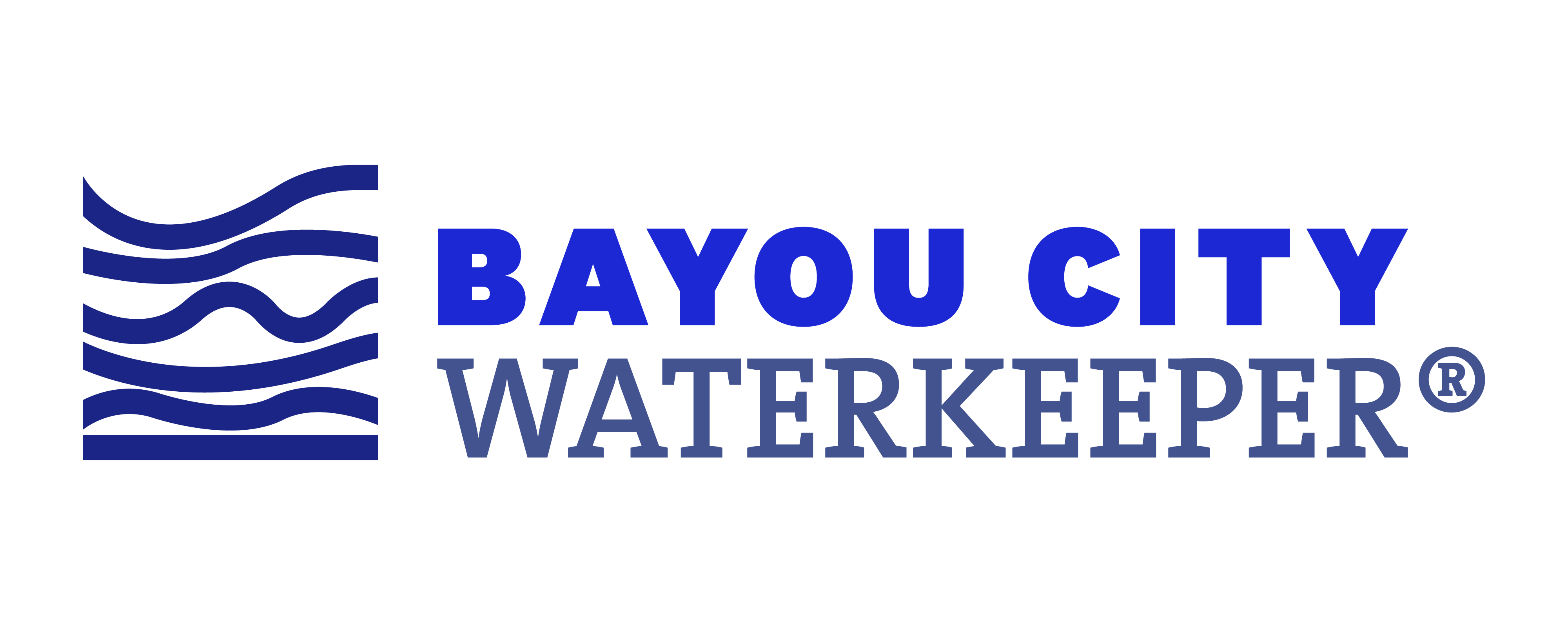 Late last week, Bayou City Waterkeeper submitted comments to the City of Houston’s $2 billion settlement with the EPA. The settlement, known as a consent decree, addresses more than a decade’s worth of problems with the city’s wastewater infrastructure that has led to thousands of sewer overflows and back-ups across Houston.
Late last week, Bayou City Waterkeeper submitted comments to the City of Houston’s $2 billion settlement with the EPA. The settlement, known as a consent decree, addresses more than a decade’s worth of problems with the city’s wastewater infrastructure that has led to thousands of sewer overflows and back-ups across Houston.
Last year, Bayou City Waterkeeper brought this problem to light with its analysis and investigation of the City of Houston’s self-reported violations. We found that over a five-year period, the City had reported 9,319 sanitary sewer overflows and other potentially unlawful discharges into local bayous, parks, and neighborhoods.
In July 2018, we served the City with a notice of intent to sue over these problems under the Clean Water Act. This notice prompted the United States and the State of Texas to file an enforcement action in September 2018, which covered an unspecified number of Clean Water Act and related Texas Water Code violations over ten years, and culminated in the draft consent decree that Bayou City Waterkeeper’s comments address. Bayou City Waterkeeper is participating in that lawsuit with the Court’s approval and also filed an independent citizen suit.
Our comment letter, submitted last Friday, identifies several issues with the consent decree that we believe must be resolved before it is approved by the federal court. Our recommendations address:
- Green infrastructure. The City must use green infrastructure and work with nature to address massive rain-related overflows.
- Climate change. The City must integrate floodplain data, climate risk, and population projections into all wastewater infrastructure planning.
- Environmental justice and equity. The City must:
- Plan and report on environmental justice issues,
- Revise the prioritization framework for “Early Action” projects to address historic inequities in Houston’s wastewater infrastructure,
- Report on potential rate increases and identifying mechanisms for keeping rates down.
- Local projects. The EPA and State of Texas must redirect a portion of mandatory $4.4 million penalties into local projects to benefit low-income communities and support investments in green infrastructure.
- Public participation. The consent decree must account for the City’s failure to engage communities so far by requiring a comprehensive plan for public engagement moving forward.
- Transparency. The consent decree must empower communities to hold the City accountable by improving reporting and transparency.
Read our comment letter and support our continued work to hold the City accountable by making a donation. For additional background, read your Waterkeeper Jordan Macha’s editorial in the Houston Chronicle.
